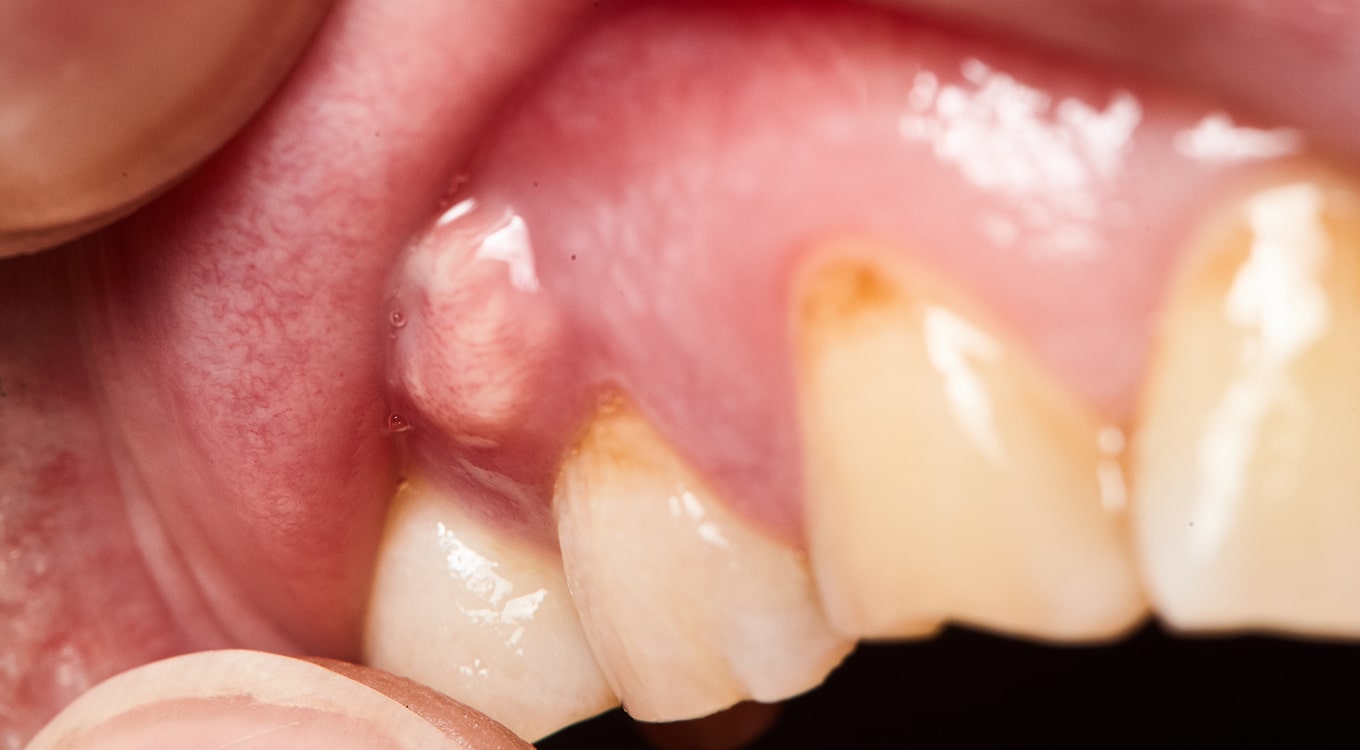Top Emergency Dental Services in Forsyth, IL
A toothache could feel like an urgent situation when you are experiencing it. Your dentist is usually your first call when you suffer from dental emergencies. But what if the problem occurs on a holiday, weekend, or at night? When dealing with dental emergencies, you cannot go to your usual dentist and would need urgent dental care in Forsyth, IL. So that's when an emergency dentist comes to your rescue.
Best Services for Everyone
Emergency dental care mainly focuses on dental condition management that needs immediate attention to limit infection risk, relieve high pain levels, and alleviate the burden on hospital emergency rooms.
Treating Emergency Dental Concerns Everyday
Our emergency dental care is available 24 hours a day to take your call and get you an appointment scheduled as soon as possible. Aspen Dental in Forsyth, IL, is proud to serve our community and wants to ensure you receive the best care. Our team of professional emergency dentists can handle many dental emergencies and also take walk-ins. At Aspen Dental, we treat the following dental emergencies.
- Toothache - A toothache is usually caused by some sort of decay or infection within your tooth. The resulting consequences can vary but may include pulpitis and abscesses. Tooth decay can be primarily prevented by good oral hygiene, which can help you remove plaque. It is crucial to remove plaque because the bacteria in it produce acids, which can damage dentin and tooth enamel. Other reasons for a minor toothache can be due to temporary gum irritation, though this can be treated at home. However, more severe toothaches result from infection, cavities, or other dental conditions that do not generally improve on their own.
- Infected or distressed teeth - A human's mouth contains bacteria from plaque, saliva, and food. Sometimes, these bacteria enter the tooth or below the gum line, which results in infected teeth or abscesses. Abscess is the medical term for a pocket of bacteria and pus that forms within the body's tissues.
- Missing teeth - Specific systemic conditions, sometimes from a disorder a person inherits, may also be the reason behind multiple missing teeth. For example, one of the most common genetic defects that affects the teeth is known as ectodermal dysplasia. Individuals who suffer from this syndrome exhibit sympots like missing teeth (hypodontia or oligodontia) or teeth that are abnormally shaped and sized. This can result in problems with chewing, speech, and appearance.
- Broken or damaged teeth - Whether your tooth cracks from general wear and tear or injury, you may experience various symptoms ranging from intermittent pain when you chew food to sudden pain when your tooth gets exposed to very cold or hot temperatures. In many cases, the pain may come and go, but the issue should not be left alone. Please contact our office to schedule an appointment as soon as possible to ensure your oral health is not in jeopardy.
- Chipped teeth - Chipped teeth can not only be a problem for a person's overall oral health, but they also affect the appearance and roots of the teeth. In addition, cracked or chipped teeth may feel intense pain when exposed to cold or hot temperatures or even when chewing.
- Root canals - A root canal is a standard dental procedure offered when a tooth infection has harmful bacteria that have spread into the pulp of the tooth. The purpose of a root canal is to help eliminate the existing infection while preserving and strengthening as many natural teeth as possible.
- Tooth extractions - Dentists perform tooth extractions for many reasons. You may have a wisdom tooth that is impacted or a tooth badly damaged due to decay. It is important for dental issues like these to be corrected; otherwise, they may negatively impact your oral health.
- Veneers - You can improve your smile with veneers, especially if your teeth are very discolored, malformed, chipped, or cannot and will not whiten. The pros of veneers are that they help the patients cover the gaps in their teeth with the proper treatment. In addition, veneers are made of porcelain while matching your teeth's original color to make them look natural.
- Fillings - Tooth fillings, also known as dental fillings or dental restorations, are materials used to repair and restore teeth that have been damaged by decay or trauma. The purpose of a filling is to restore the tooth's function, shape, and integrity and to prevent further decay or damage.
- Dental implants - A dental implant involves a small titanium rod connected to a prosthetic tooth whose design can replicate your natural teeth. The implant is set into the jaw beneath the gum line, allowing it to fuse with the bone. Once the dentist fuses the implant with the bone, it becomes an anchor, which your dentist can use to place the artificial or permanent tooth inside your mouth.
- Crowns and bridges - A bridge is a process of dental restoration that replaces one or more missing teeth. It includes teeth or an artificial tooth fused to crowns on both sides for support. Conversely, a crown is a dental restoration that can cover the tooth's exposed surface and strengthen or improve its appearance.
Prevention of Dental Emergencies
One simple way to prevent dental emergencies is to stay up and catch up on your daily dental hygiene routine. Practicing good oral hygiene can keep your gums and teeth healthy and strong. You can also decrease the risk of things going wrong. For example, brushing day and night can eliminate excess bacteria and plaque from your teeth. Use fluoridated toothpaste to strengthen your enamel, and floss to prevent debris from getting stuck between teeth and keep your gums healthy. These are all important factors that help to avoid dental emergencies.
Schedule an Emergency Dental Appointment Today
If you are experiencing severe dental pain and may need emergency dental service in Forsyth, IL, contact Aspen Dental at 844-511-2819.
F.A.Q's
-
Q: How do root canals look?
A: When the root canal is complete and you set the crown, the tooth should look as natural and normal as any other 31 teeth in your mouth.
-
Q: How long does a dental crown last?
A: Crowns are sturdy, and if installed correctly while you also maintain good oral hygiene habits, they should last at least ten years.
Provider Details
Office Name
Aspen Dental Forsyth, IL
Dentist Name
Multiple Dentists Available
Office Address
124 E Highland Dr
Forsyth, IL 62535

